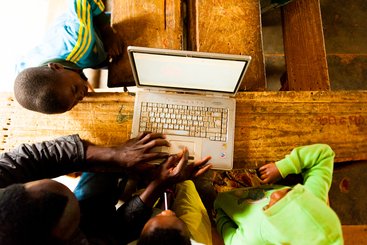African cities and local governments are under increasing pressure to provide infrastructure and services to the growing population. Yet, most remain severely under-resourced, leaving them unable to make the necessary investments.
This situation has been exacerbated by the struggle of African cities and municipalities to access third-party finance, including debt. There are many reasons, including the lack of legal and regulatory frameworks for municipal borrowing; urban and municipal government poor creditworthiness; the lack of mature and bankable investment projects; and underdevelopment of the regional financial markets.
However, cities and local governments can overcome some of these challenges and access debt finance through so-called financial intermediaries, the institutions that facilitate access to capital investment finance for cities and local governments by creating better-than-market conditions for the debtor.
This paper takes stock of the diversity of financial intermediaries and gauges their current and potential role in facilitating cities’ access to debt finance in Africa.




